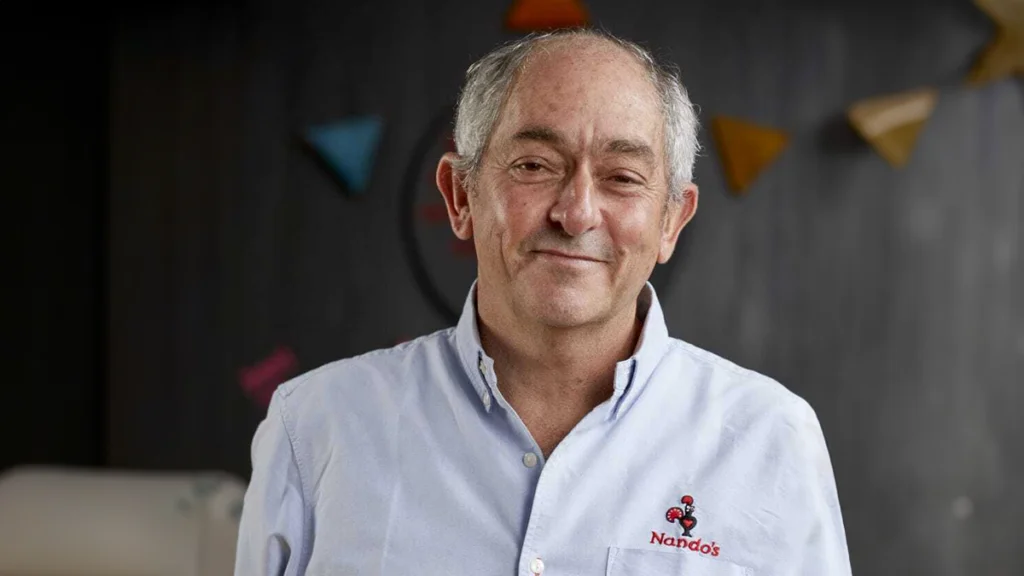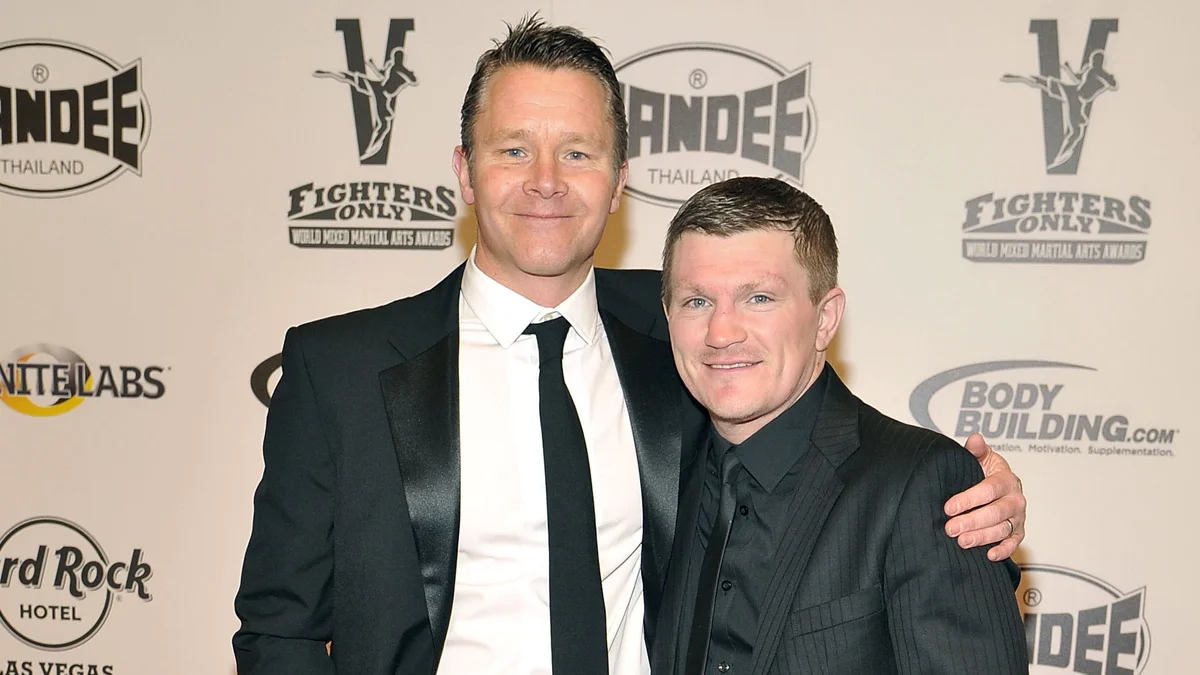
What is your most important job as a leader? Hopefully, it’s vastly different today compared to when you started your business. Then, it was likely just you – and maybe a co-founder or two – with a bold ambition and a big idea. That gave you focus but meant you broke your back doing everything from administration to marketing, sales to fulfilment and everything in between.
Your job now as leader is to get the very best out of the people you have hired to deliver the product or service you originated. And, as you will attest, it’s harder than it seems.
The first step is realising that it’s no longer just about you.
In his 2021 bestseller The Power of Giving Away Power: How the Best Leaders Learn to Let Go, author and former National Finance Chair for Barack Obama Matthew Barzun finds that when leaders distribute, rather than hoard, power, creativity multiplies, trust deepens and productivity rises. Barzun points out that only a few rare leaders have seen the old-fashioned command-and-control pyramid structure for the trap that it is.
Those that choose to shape their organisations as what he describes as “constellations” of dynamic and flexible networks of distinct, yet connected, individuals are far more likely to outlast and outperform more rigid rivals over time. But it has one massive proviso: you need to have hired smartly from the start to ensure you have the right people with the right skills and shared values to build a collaborative management system.
Sir Brad Fried is the London-based CEO of Ki Corporation, a family-controlled empire that spans a global property portfolio including the prominent Tower 42 in the City of London, as well as Jetro Holdings, which owns restaurant supply stores Jetro Cash and Carry, and Restaurant Depot.
Fried, who was previously chairman of the Court of the Bank of England, chairman of Goldman Sachs International and, after a period with McKinsey, was CEO of Investec Bank in London during the financial crisis, ascribes to the idea of giving power to teams of clever people.
“I left a meeting once and someone asked me: what do you think?” he says. “I replied: who gives a damn what I think? We have reached a better decision than I would have on my own, that is the correct outcome.”
It’s an unusual approach, but one that has worked for him in both the US, where he cut his teeth as a consultant, and London, to first run Investec. He was later seconded to HM Treasury to help authorities clean up the complex financial structures which very nearly broke the global economy.
Fried makes a point of shepherding discussions as little as possible to encourage a free flow of ideas. When resolution is achieved, he deliberately seeks out the person he believes carries the least authority to explain the conclusion they have reached. It’s how he measures whether a meeting has been successful. He has learned the approach enables real innovation and that teams will more readily buy into the solution they have devised themselves, which makes successful implementation more likely.
Many founders find this difficult as they have built the business from scratch and naturally believe they should have all the answers to the issues they face. As enterprises grow, this becomes more difficult to achieve. Different businesses require different skills in each part of their life cycle and not all founders are cut out to run the company at every stage of its evolution.
We usually associate the ‘Peter Principle’ with large corporations where capable people are promoted to their first level of incompetence where they spend the rest of their career as ineffective administrators. For founders, this can be a trap that, if they are sufficiently self-aware, they can avoid.

For Nando’s co-founder Robbie Brozin, when he reached 1,000 stores worldwide in 2008 and was in his early 50s, he realised it was “time for adult supervision”. The complexity of the larger organisation meant he was unable to follow his passion as brand champion and, like Virgin founder Richard Branson, freed himself from the day-to-day rigour of executive management to focus on his primary strengths, leaving the detail to others.
Being the founder means you can have control without having to be “in charge”, provided you hire well. While some hand over authority once the business is established, it’s possible to do it the other way around too, by calling for help earlier rather than later.
Ben Francis famously founded the highly successful Gymshark from his bedroom in 2012, at the age of 18. The brand was launched with a focus on serving 18- to 25-year-olds and used social media to help build a business that today has millions of customers in more than 170 countries. Francis brought Steve Hewitt on board as an adviser in 2014. He made him MD a year later before giving him the CEO role in 2017, with Hewitt using his corporate experience at Reebok to build a team that would drive its global growth.
He told the Control the Controllables podcast: “We faced our biggest crisis in 2015, when we lost 40 per cent of our customers overnight on Black Friday. We had a great plan A, but it failed, and we had no plan B. It taught us that we needed to hire people better than ourselves in areas where we thought we were great but weren’t.”
Hewitt ascribes Gymshark’s strong growth to Francis’s ability to acknowledge his lack of experience and to be willing to learn from someone “with grey hair” who could lay the foundations of the business alongside Francis’ deep commitment to his community, brand and product.
The combination proved unstoppable. When Hewitt joined the fledging, but promising, enterprise, it had £4m in turnover and eight employees. He became executive chairman in 2021, handing over the CEO role to Francis, before more recently bowing out completely as the firm reached £400m in turnover and a valuation of about £1.45bn.

A recent McKinsey study of 4,000 global firms has identified six strategies to help organisations outperform over time:
Choose growth
Few executives at any of the firms surveyed provided the resources needed for teams to achieve that. Even in times of economic uncertainty, studies show those prepared to sensibly support growth while others retreated performed better.
A strong commitment to innovation
It might seem obvious but just 28 per cent of its respondents said top management encouraged high-potential risky projects. Where this is encouraged from the top, the study found the choice to grow depends on whether companies are putting resources against that growth and making bold moves. Your culture needs to reward risk-taking, accepting that not all ideas will work.
Growing with tech
Seemingly obvious again, but researchers found that as macroeconomic headwinds challenge global growth and demographic shifts bring changing employee preferences and labour costs rise, smart businesses are automating as much as possible. The World Economic Forum’s 2023 Future of Jobs Report found that 60 per cent of organisations around the world face skills gaps and struggle to attract talent. If you can automate, do it.
Lateral thinking
To outperform, the study found that 80 per cent of growth in most successful businesses came from maximising the value of their core offering. Critically, however, that was not enough to ensure sustained growth, which requires lateral thinking. To achieve longer-term growth, companies need to diversify the geographies in which they operate and innovate to create breakout opportunities within their field of expertise.
Eliminate hobbies
McKinsey data shows that only about 10 per cent of companies can maintain growth across a decade. Occasionally, you may need to shrink to grow as you prune underperforming parts of your enterprise to allow you to focus on what does work. It’s critical to eliminate hobbies and focus on real growth opportunities, rather than be distracted by passion projects and loss leaders. Managers need to be clear on their drivers of growth.
Ownership
Giving employees ownership for growth initiatives helps people build the skills necessary to capture value quickly and on an ongoing basis. Having the core of your leadership team involved in growth initiatives and creating real ownership of new opportunities is critical in building a culture of innovation to accelerate growth.
The transition from start-up founder to leader of teams can be a deeply stressful experience. It’s no wonder books with ‘leadership’ and ‘management’ in the titles are among the most visible and bestselling non-fiction genres worldwide.
A former bank CEO, when asked how he had led the institution to being crowned “most innovative” in the world in 2012, replied: “It’s simple. When things go well, you publicly lavish praise on individuals who excelled, and when things go wrong, you take full responsibility yourself.”
That approach to leadership is critical in building trust in teams and ensuring they are empowered to take calculated risks that most organisations would shy away from. That doesn’t mean there are not consequences for failure, but when the boss takes responsibility for missteps, innovators are able to push change far more effectively than might otherwise be the case.
This approach is reminiscent of a hastily scribbled 66-word speech General Eisenhower carried with him in case the assault on the Normandy beaches failed: “Our landings in the Cherbourg-Havre area have failed to gain a satisfactory foothold and I have withdrawn the troops.
“My decision to attack at this time and place was based on the best information available. The troops, the air and the Navy did all that bravery and devotion to duty could do. If any blame or fault attaches to the attempt it is mine alone.”
True leadership means taking responsibility for the outcome no matter who is at fault.
Related and recommended
Labour believes a trade deal with the US will change its political fortunes, but there are numerous obstacles in the way
The Olympic cycling champion has brought lessons from his time in sport to his work in business
How do you build a company culture that nurtures game-changing ideas? Start with mindset, feedback and failure
The auto industry entrepreneur believes smart pivots can be the start button to fire up business success

